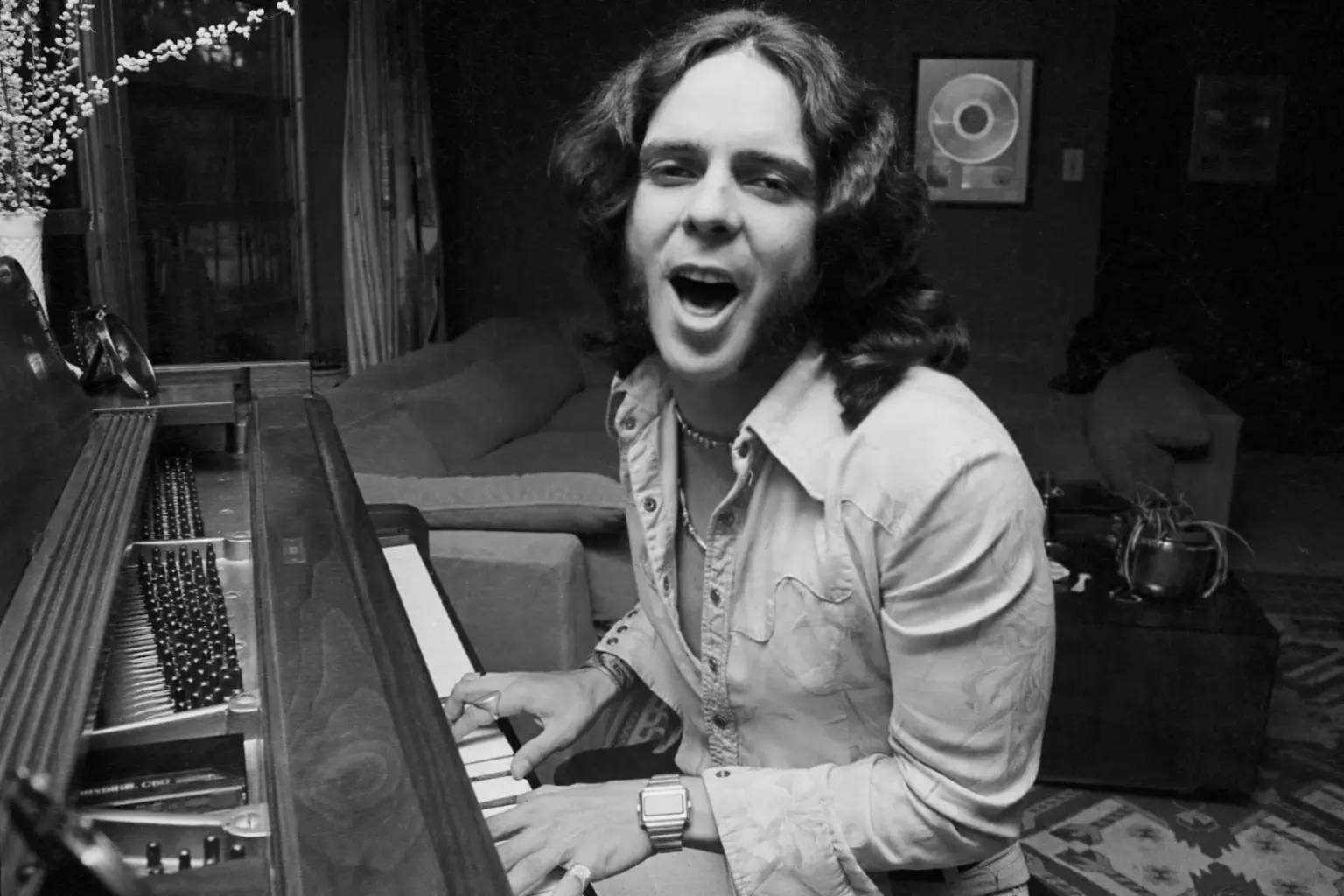Bobby Whitlock, the acclaimed American songwriter, singer, and keyboardist whose soulful playing and songwriting helped shape one of rock’s most revered albums, has died at the age of 77.

Born in Memphis, Tennessee, Whitlock’s musical journey began in the heart of the city’s soul scene. In the 1960s, he became the first white artist signed to the legendary Stax Records, forging friendships with Booker T. Jones, Steve Cropper, and blues great Albert King. His earliest recorded contribution is believed to be the handclaps on Sam & Dave’s 1967 hit I Thank You, when Whitlock was still a teenager.
Although offered the chance to record his own album under a Stax subsidiary, Whitlock chose a different path, leaving Memphis to join the husband-and-wife duo Delaney & Bonnie Bramlett. Their touring band eventually supported Eric Clapton’s short-lived supergroup, Blind Faith, opening the door to some of Whitlock’s most significant collaborations.
After parting ways with Delaney & Bonnie, Whitlock played on George Harrison’s landmark post-Beatles triple album, All Things Must Pass. Alongside Clapton, drummer Jim Gordon, and bassist Carl Radle, he went on to form Derek & The Dominos. The group released their sole studio album, Layla and Other Assorted Love Songs (1970), which has since become a cornerstone of rock history. Whitlock co-wrote seven tracks on the record, contributing deeply to its enduring legacy.
While he didn’t pen the iconic piano coda to “Layla,” Whitlock was a long-time supporter of singer Rita Coolidge’s claim that she co-wrote the melody with Jim Gordon, who received sole credit. In a 2011 interview, Whitlock remarked, “Jim took the melody from Rita’s song and didn’t give her credit for writing it. Her boyfriend ripped her off. I knew but nobody would listen to or believe me. I have told this story for years.”
Following Derek & The Dominos’ breakup in 1971, Whitlock embarked on a solo career and is believed to have made an uncredited appearance on the Rolling Stones’ Exile on Main St. He later stepped away from the music industry, but re-emerged in the early 2000s. In 2000, he reunited with Clapton on the BBC’s Later… with Jools Holland, performing “Bell Bottom Blues” to great acclaim.
Bobby Whitlock’s career bridged the worlds of Southern soul, rock, and blues, leaving a rich musical legacy that continues to inspire generations. His work, both as a collaborator and solo artist, remains a testament to his deep artistry and passion.
Leave a Reply